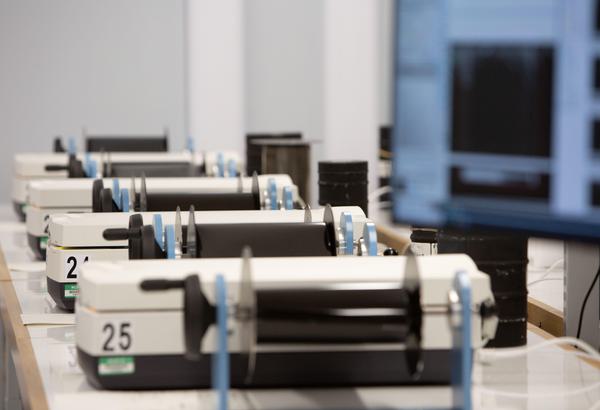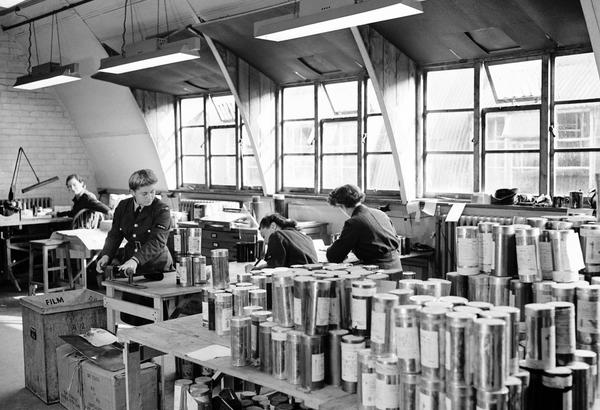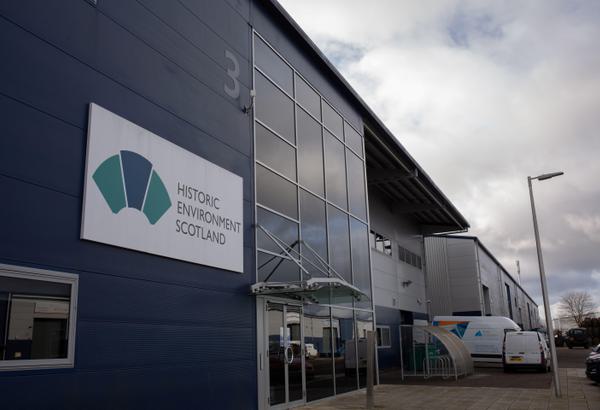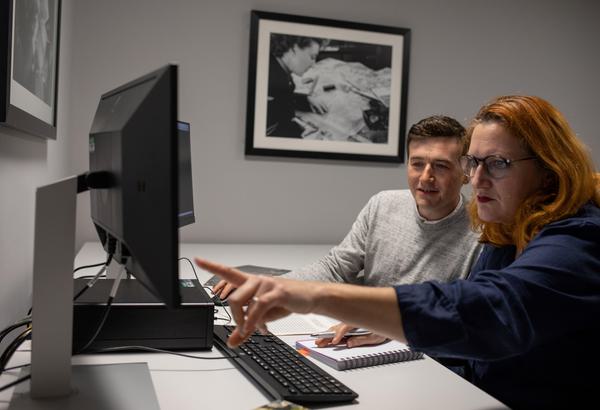
NCAP's records coordination store is the first stop in our detailed workflows
Processing vast numbers of images per day requires careful tracking.
NCAP's records coordination store is the first stop in our detailed workflows
About Us
As part of Historic Environment Scotland (HES), The National Collection of Aerial Photography (NCAP) holds one of the most significant collections of aerial photography in the world. We are custodians of 30 million images, providing a detailed and unique perspective on key moments in world history.
OUR ARCHIVES
Our archive includes rare images dating back as far as the 1920s, declassified reconnaissance imagery from the Second World War, both public and private survey photos, and stereoscopic images (a form of 3D).
We have imagery from every continent in the world and many of our images have been unavailable to the public until now.
In This Section

Our Mission
With a responsibility for 30 million aerial photographic images, our goal is to preserve and make accessible for present and future generations.

Our Team
Meet the team of dedicated technicians, historians, analysts, cataloguers, data managers and robots who deliver NCAPs collections to the public every day.

Our Partners
We collaborate with organisations from around the world with the common goal of facilitating access to aerial photographic collections.

What's New and Next
Guided by our strategic plan for the care, digitisation and dissemination of aerial photographic collection, we are working through project priorities to meet set targets.

Historic Environment Scotland
Operating as a part Historic Environment Scotland, we are able to work closely with colleagues across archives and business support to help meet our goals.

Contact Us
Find the best ways to get in touch with the team at NCAP for research support, project partnerships or image sales.

Get Involved
Growing our network of partners includes reaching out to a knowledgeable and engaged public, for both volunteer and outreach opportunities.